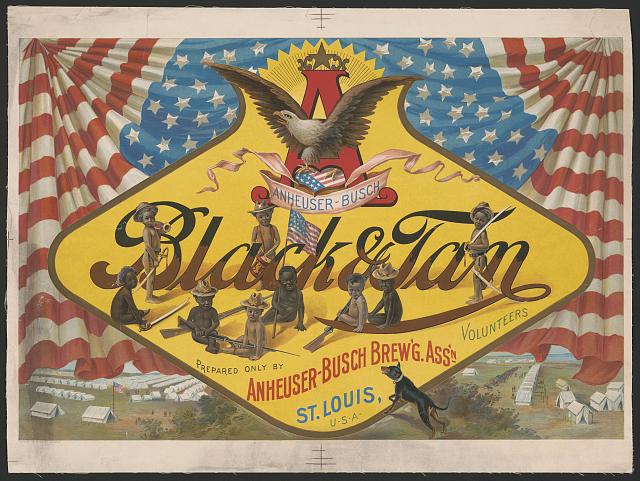Written at a time before First Amendment protections of freedom of speech were applied to the states, the Supreme Court decision in Halter v. Nebraska, 205 U.S. 34 (1907), upheld a Nebraska state law that punished an individual for printing the American flag on a bottle of beer. Litigants had challenged Nebraska’s law, which made it a misdemeanor to use the flag for advertising purposes, as an improper concern for the state and as discrimination, since it permitted the printing of flags in noncommercial contexts.
State has right to ban use of the flag in advertising
Writing both prior to the application of the First Amendment to the states and to the development of protections for commercial speech, Justice John Marshall Harlan I decided that the state law in question did not conflict with any existing federal laws, and states had the right to legislate on the subject as a means of maintaining the flag “as an emblem of National power and National honor.” Arguing that if some could use the flag to advertise, then all might be able to do so, Harlan did not think it was discriminatory to bar all businesses alike from such usages.
Modern flag desecration is protected by the First Amendment
Modern cases involving flag desecration have focused on political protest rather than on advertising. The modern Supreme Court has respectively struck down the application of both state and federal flag desecration laws in cases involving flag-burning as a form of political protest in Texas v. Johnson (1989) and United States v. Eichman (1990).
John Vile is a professor of political science and dean of the Honors College at Middle Tennessee State University. He is co-editor of the Encyclopedia of the First Amendment. This article was originally published in 2009.

